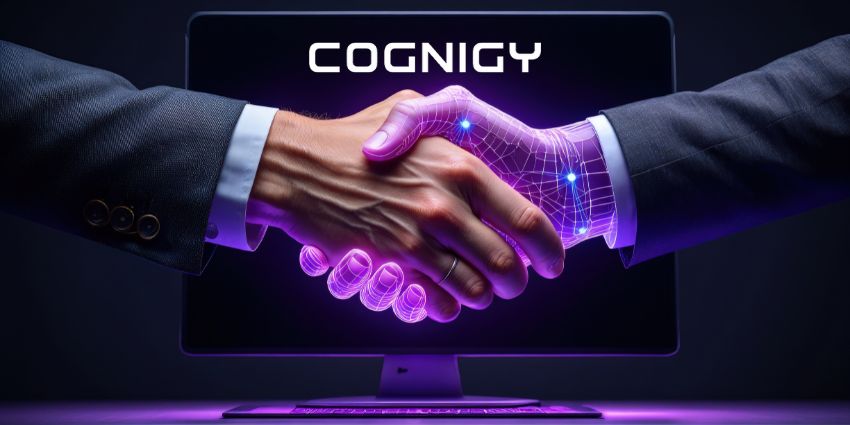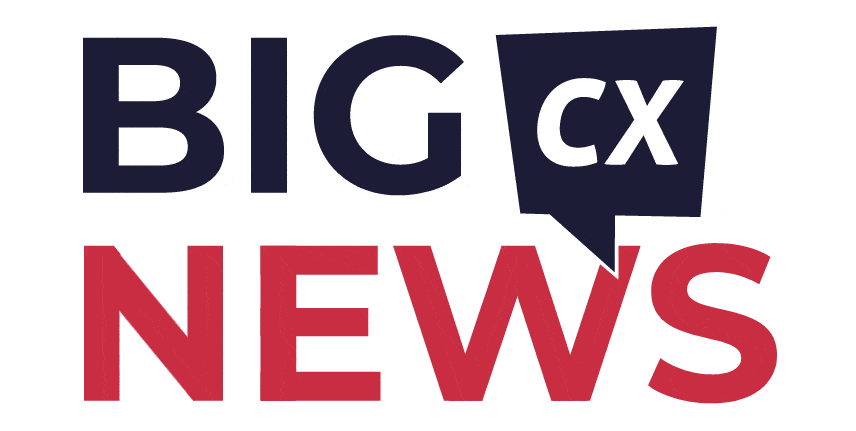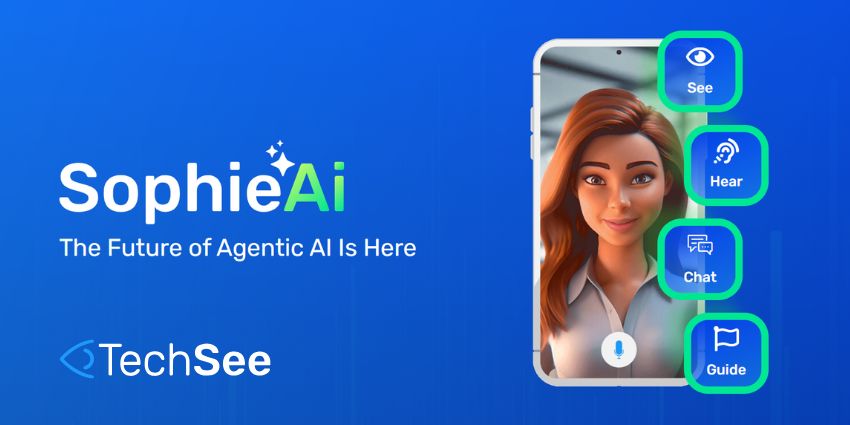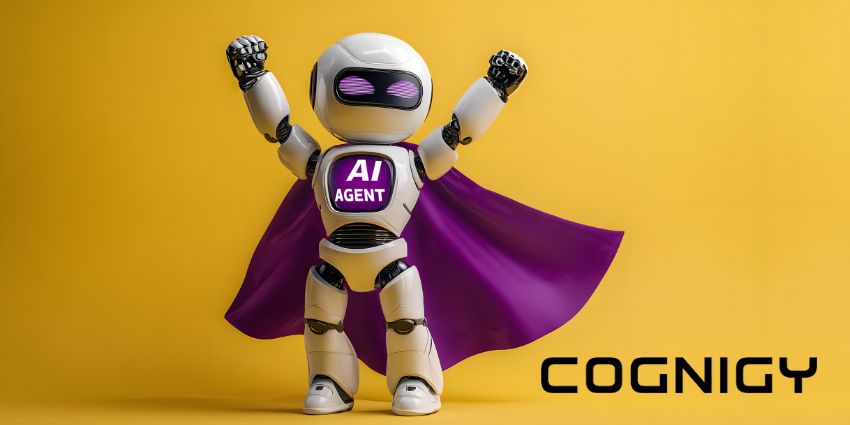Microsoft has responded to Salesforce CEO Marc Benioff’s claim that “Microsoft has disappointed so many customers with AI.”
Benioff made the comments during his company’s latest earnings call, during which he specifically outlined Microsoft’s Copilot, taking aim at the solution for failing to deliver the “accuracy” and “response” that customers expected.
In a statement to CRN, Jared Spataro, Microsoft’s Corporate Vice President for AI at Work, rebutted the Salesforce CEO’s comments, claiming that the company had been receiving favorable feedback from its Copilot customers.
“Every customer is at a different place in their journey, but overall we are hearing something quite different from our Copilot for Microsoft 365 customers.”
Last quarter alone, we saw a customer increase of over 60 per cent, and daily users have more than doubled – a clear indicator of Copilot’s value in the market.
“When I talk to chief information officers directly and if you look at recent third-party data, organizations are betting on Microsoft for their AI transformation,” Spataro said, rubbishing Benioff’s suggestions of “disappointed” customers.
Yet, despite Microsoft’s protestations, there have been rumblings of dissatisfaction from Copilot users.
While Benioff can hardly be viewed as an objective voice, Inc. Magazine recently gave the solution a D – rating, claiming that it is “not generating significant revenue” for its customers – suggesting that the CEO may have a point.
However, it could also be argued that Benioff’s criticism is driven by Salesforce’s upcoming launch of its Agentforce platform.
The solution enables customers to create autonomous bots to perform tasks within Salesforce CRM apps, while still being overseen by humans.
This marks a shift in Salesforce’s generative AI (GenAI) strategy from “human-in-the-loop” copilots to “human-at-the-helm” autonomous agents.
A Tale of Two Copilot Tales
Interestingly, prior to the recent war of words, Microsoft made two significant Copilot announcements.
Firstly, was the launch of what the company termed its “Copilot-first” CCaaS solution.
Made available in July of this year, the Dynamics 365 Contact Center is a standalone CCaaS solution.
The platform integrates with existing CRM systems and leverages GenAI across all customer engagement channels, providing AI-driven enhancements for customers, agents, and contact center operations.
Besides Copilot and GenAI capabilities, the solution also includes IVR technology from Nuance, intelligent unified routing, and real-time reporting.
While this release could be seen as an example of a Copilot win for Microsoft, the company also had some struggles.
Back in June, Microsoft announced that it would be retiring its consumer-focused Copilot Pro GPT Builder.
Having originally introduced Copilot Pro, a paid version of Microsoft Copilot, in January, by March the tool had been expanded to include the ability to create custom GPTs.
The application operated similarly to OpenAI’s GPT Store, allowing for task-specific programming within various applications.
However, just three months after its launch, Microsoft removed the feature for consumers.
In a post on its website, the company stated: “We are continuing to evaluate our strategy for consumer Copilot extensibility and are prioritizing core product experiences while remaining committed to developer opportunities.”
To this end, we are shifting our focus on GPTs to Commercial and Enterprise scenarios and are stopping GPT efforts in consumer Copilot.
Microsoft’s statement suggests that its 365 subscription revenue has not been sufficient to cover the high cloud computing costs associated with ChatGPT.







